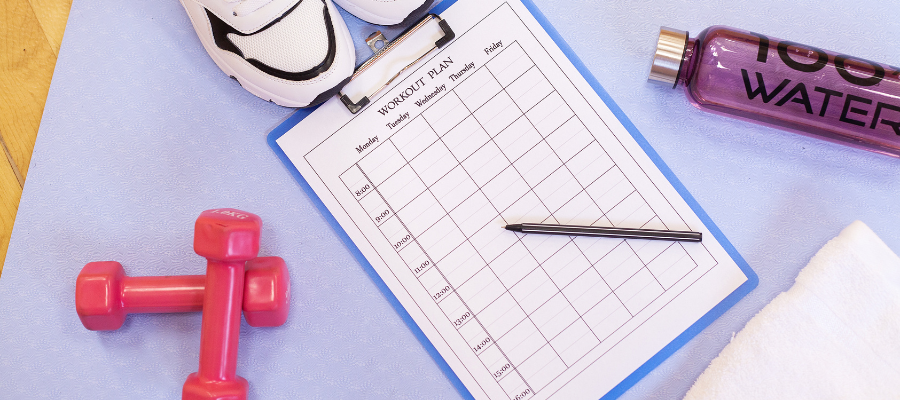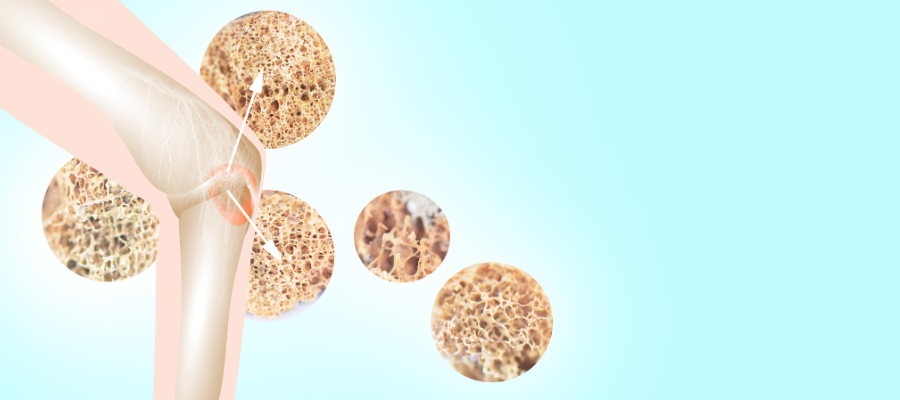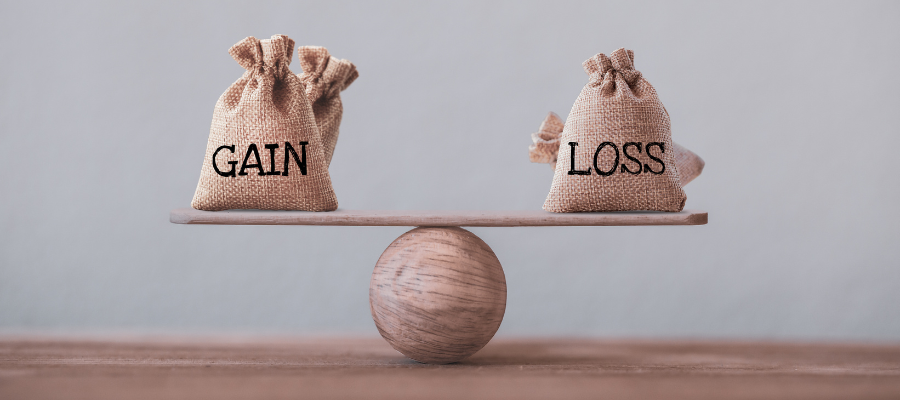|
What does it mean to have balanced hormones? In short, it means that hormones are in a constant state of homeostasis (normal levels) throughout the day and night. It's essential to keep our hormones balanced because hormones regulate a number of different processes in the body, including the metabolism.
0 Comments
Drinking alcohol is part of life for many adults. It's often seen as a way to unwind or as something fun to do socially with friends. That being said, it also has its drawbacks when it comes to weight management.
As women navigate menopause and midlife, many new challenges and changes are happening. One particular struggle many women have is managing their weight. Due to hormonal and lifestyle changes, gaining weight after menopause is incredibly common and challenging to navigate. One essential part of losing weight after 50 is having an effective workout plan tailored to your body in postmenopause.
Navigating postmenopause can be a unique experience filled with both uncertainty and newfound insights into your body. As you step into this final stage of menopause, it's essential to recognize that this phase extends throughout the rest of your life. Despite its singular label, postmenopause isn't always straightforward, and understanding what to expect can be a challenge.
The menopausal transition can be a difficult time in a woman’s life. There are often so many changes happening at once in the body and in life which cause an increase in stress and unwanted side effects. As a woman in postmenopause, I understand what it’s like to go through these changes and to try to navigate through the confusion and difficulties that come along with them. But part of the problem is, a lot of women don’t actually understand what menopause really means because it’s not talked about enough.
If there’s one thing I hear women in menopause complain about most it’s the menopause belly. It feels like it appeared overnight. One day you’ve got the classic hourglass figure, and the next thing you know, you can’t button your jeans without sucking in your stomach.
There’s one thing you can be sure about your metabolism – it’s always changing. I often hear women over 50 tell me that they used to have a fast metabolism and now they can’t eat anything without gaining weight. Or, that everything they used to do when they were younger has simply stopped working.
As we enter perimenopause or menopause the number on the scale starts creeping up, the inches around our waist begin to grow. We look in the mirror and ask “who is that?”
We haven’t really changed our lifestyle and yet our body is defying us. So naturally, we go on a diet, join a gym and start jogging. We think if we just eat healthy and get moving the weight will come off. After all, that’s what always works. Until it doesn’t. We don’t think it will happen to us. After all, we know how to lose weight and stay healthy, right? We’ve been doing this our entire adult lives.
I can’t even count how many times women have come to me and said, ”I eat healthy, I don’t eat carbs, I exercise all the time but no matter what I do I just can’t lose this weight. Everything changed when I hit 50. Why is it so hard to lose this weight?” Frustrating, isn’t it… Staying on track with your health and weight loss goals is something a lot of people struggle with. If you're like most people, you've probably wondered if you'll ever be able to succeed and often feel badly about yourself "failing" over and over again.
So when you decide to work towards your health and fitness goals, remember this one thing… |
authorLisa Swanson is an ACE Certified Health Coach, Personal Trainer and Orthopedic Exercise Specialist as well as a certified AASDN and PN level 1 nutritionist. With over 35 years experience helping people turn their lives around, she is on a mission to provide relevant and useful knowledge to help women in midlife reach their goals. featured onCheck out my interview with the Magnificent Midlife podcast on staying fit and healthy long-term.
Categories
All
|
What I DoAt Body & Soul Coaching I empower women over 50 to lose weight and feel confident without deprivation diets or spending hours in the gym.
|
Company |
|
|
© COPYRIGHT 2022. ALL RIGHTS RESERVED.
|
Website Design by My Personal Trainer Website
|












 RSS Feed
RSS Feed